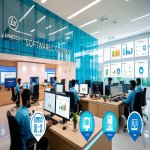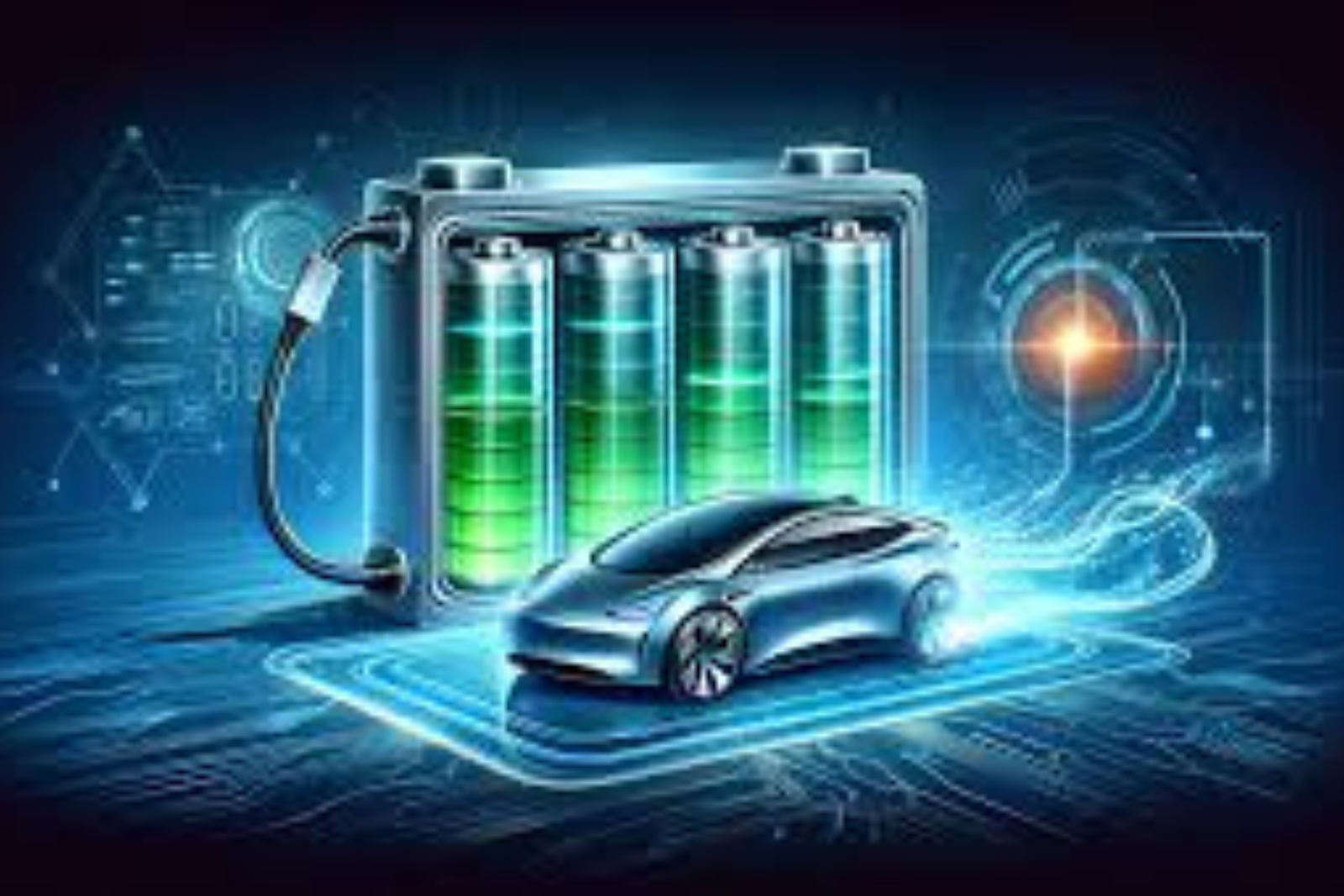
10 Breakthroughs in Electric Vehicle Battery Technology to Watch in 2025
Electric vehicles (EVs) are transforming the automotive industry with their eco-friendly design and zero tailpipe emissions. Powered by electric motors and rechargeable batteries, EVs offer a sustainable alternative to traditional gasoline and diesel vehicles. As battery technology advances, EVs are becoming more affordable and efficient, driving the shift toward cleaner transportation and contributing to reduced environmental impact.
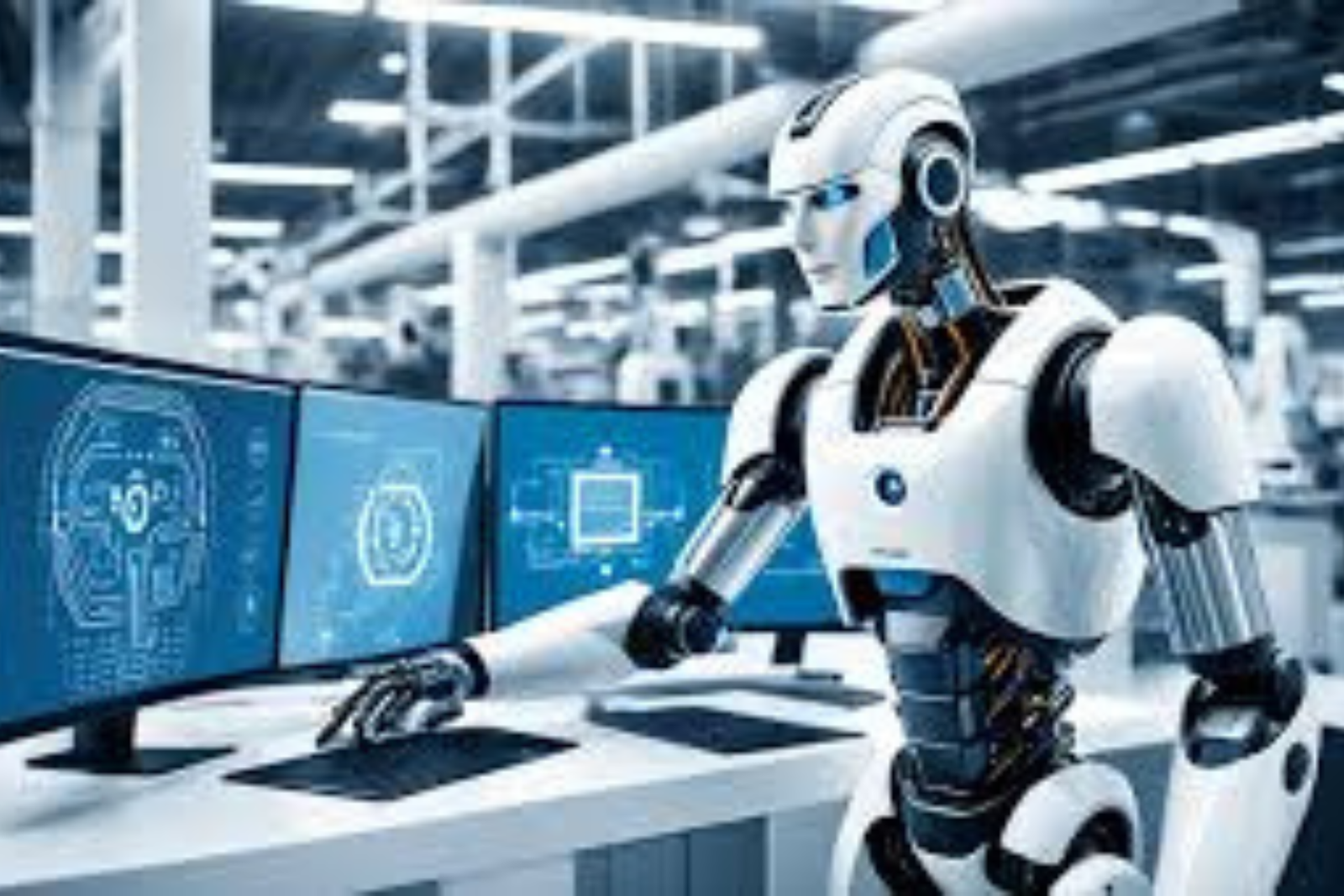
how Artificial Intelligence Will Change Every Industry
Artificial Intelligence (AI) is poised to transform every industry by automating tasks, enhancing decision-making, and creating new business models. Its influence will span across sectors from healthcare to manufacturing, retail, finance, and beyond.

How Quantum Computing will Transform Cyber Security
With the advancement of technology, Quantum computing is also rising. This extraordinary computing power is both a boon and a ban for cybersecurity due to its threat to data security.

How Electric Vehicles Will Revolutionize Mobility by 2030
The future of transport is electric, and by 2030, EVs are set to revolutionize mobility in ways we'd only just begun to imagine. With developments in battery technology, charging infrastructure, and accessibility, EVs are not just a sustainable alternative but are set to change how we move through work and life.
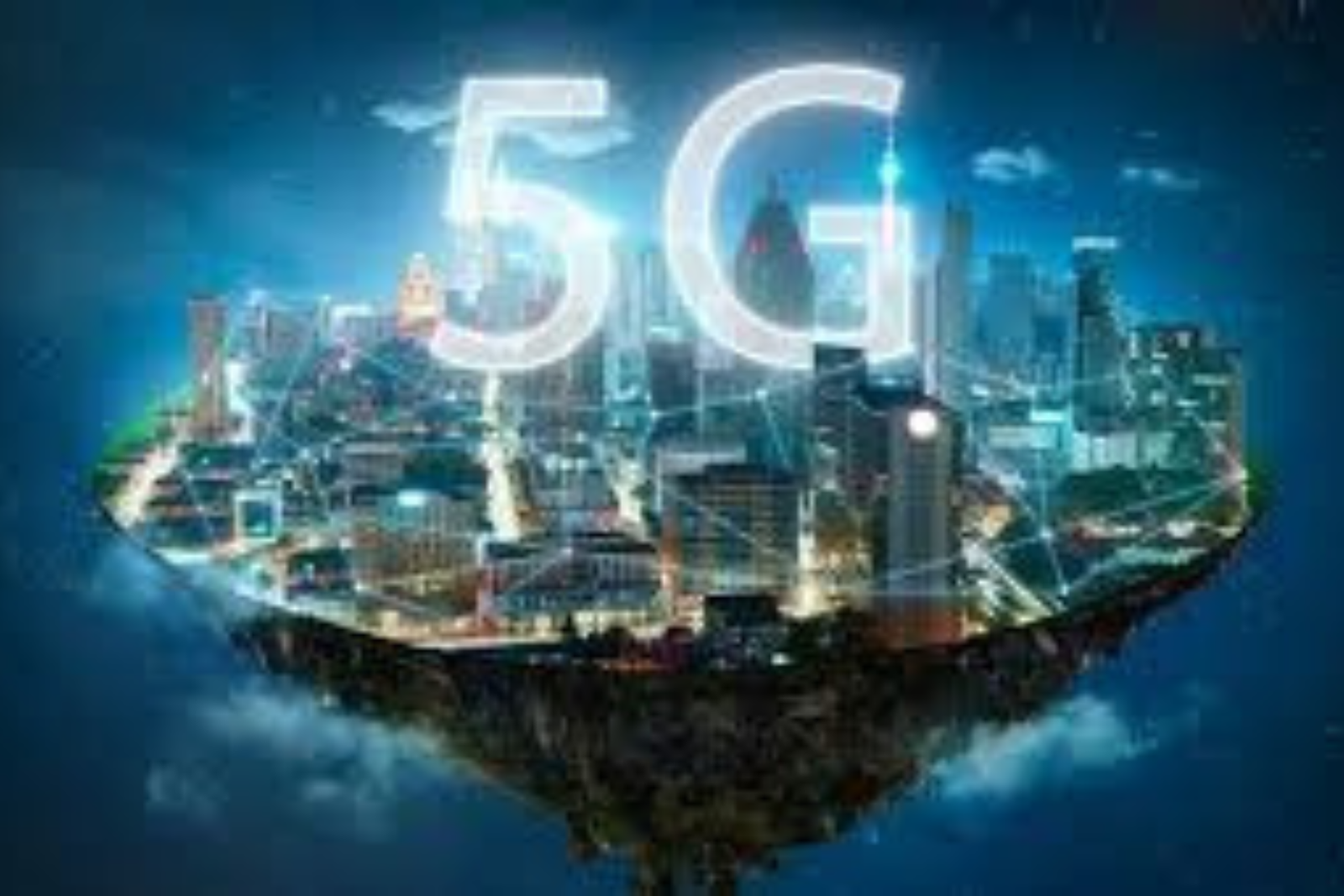
How 5G Will Change the World Transforming Connectivity and IoT
The rollout of 5G technology represents one of the most significant advancements in wireless communication, poised to reshape our daily lives and industries across the globe. With its capabilities extending far beyond mere enhancements in mobile speed, 5G is a game-changer that will foster unprecedented connectivity, revolutionize the Internet of Things (IoT), and transform the way we interact with technology.
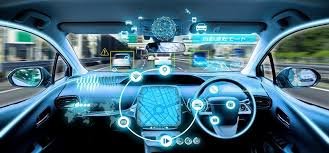
"Autonomous Vehicles How Self-Driving Cars Will Change Transportation Forever"
Explore the transformative potential of autonomous vehicles in this in-depth article. Discover how self-driving cars are set to revolutionize transportation by enhancing safety, improving traffic efficiency, and providing greater mobility for underserved populations. We delve into the technology behind AVs, their environmental impact, and the challenges that lie ahead in making this vision a reality. Join us as we examine the future of transportation and the profound changes that autonomous vehicles will bring to our lives.




